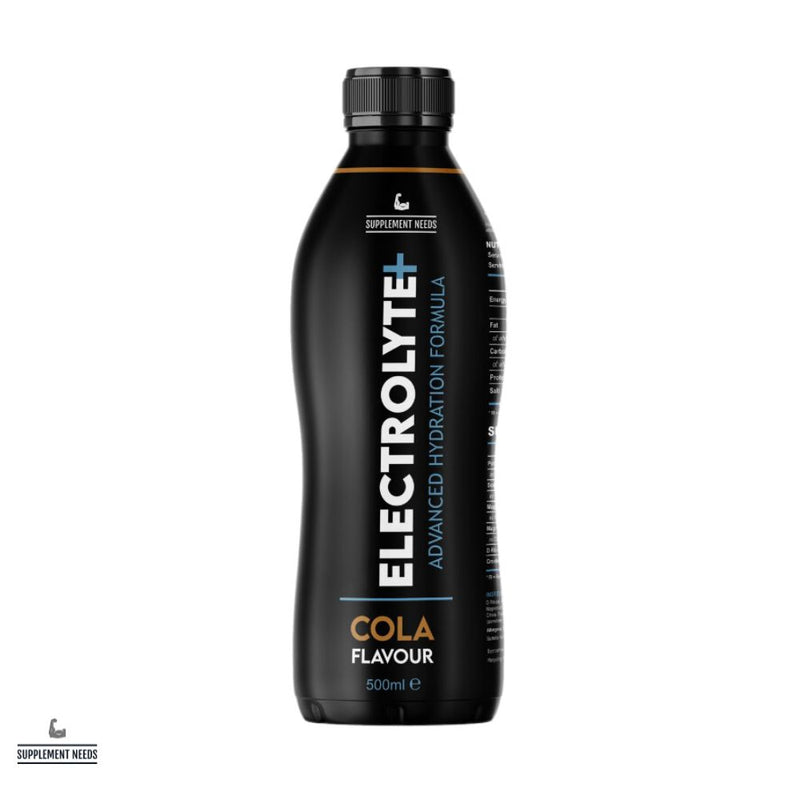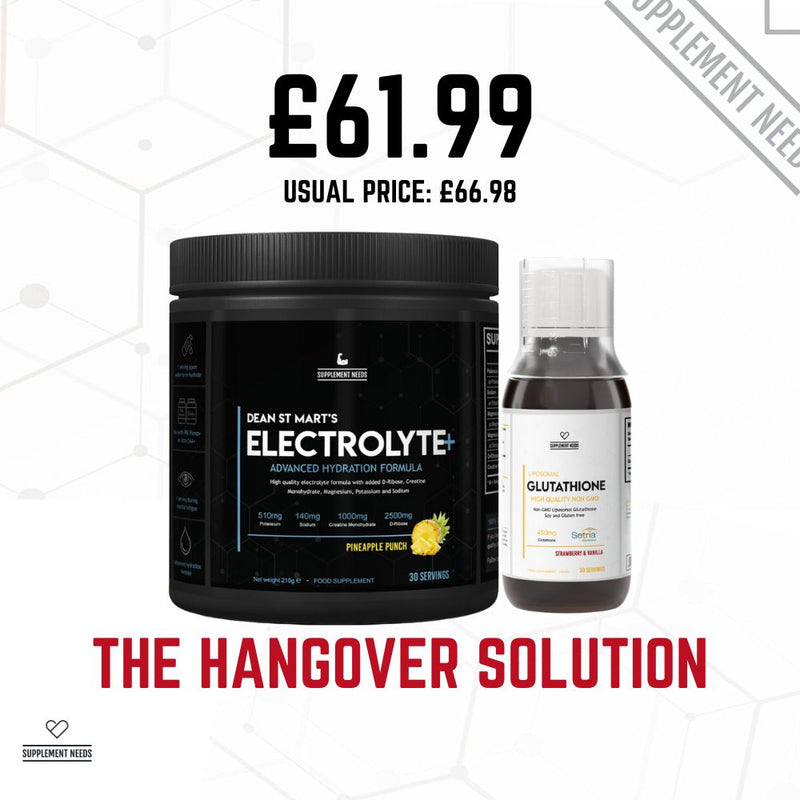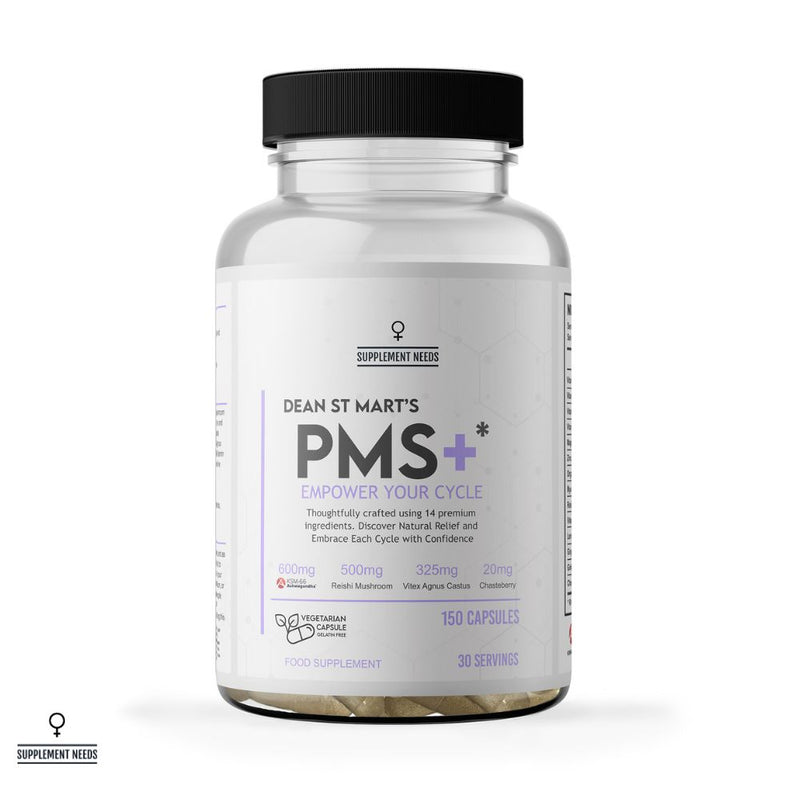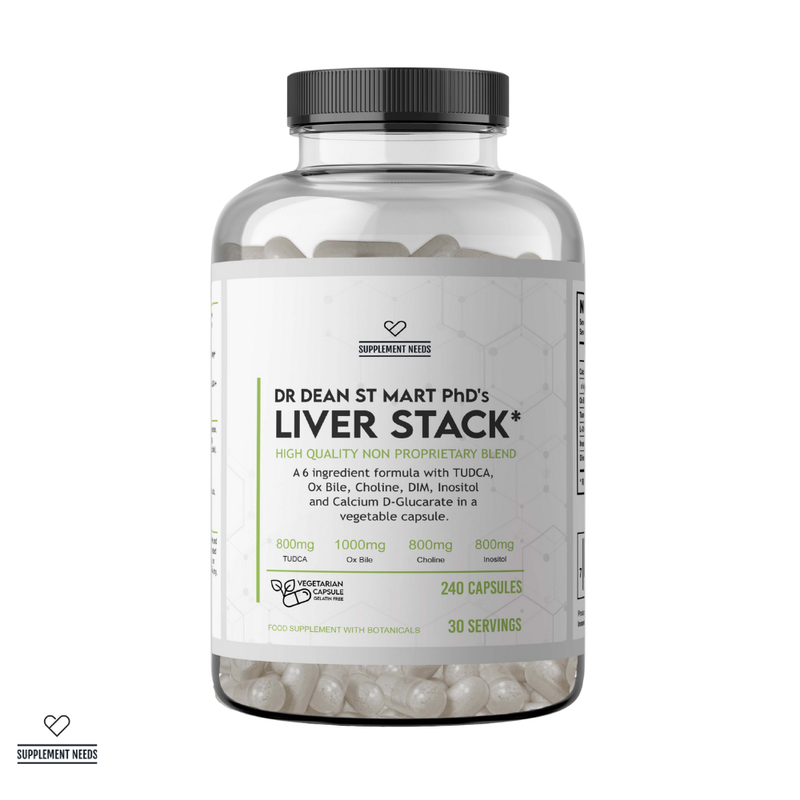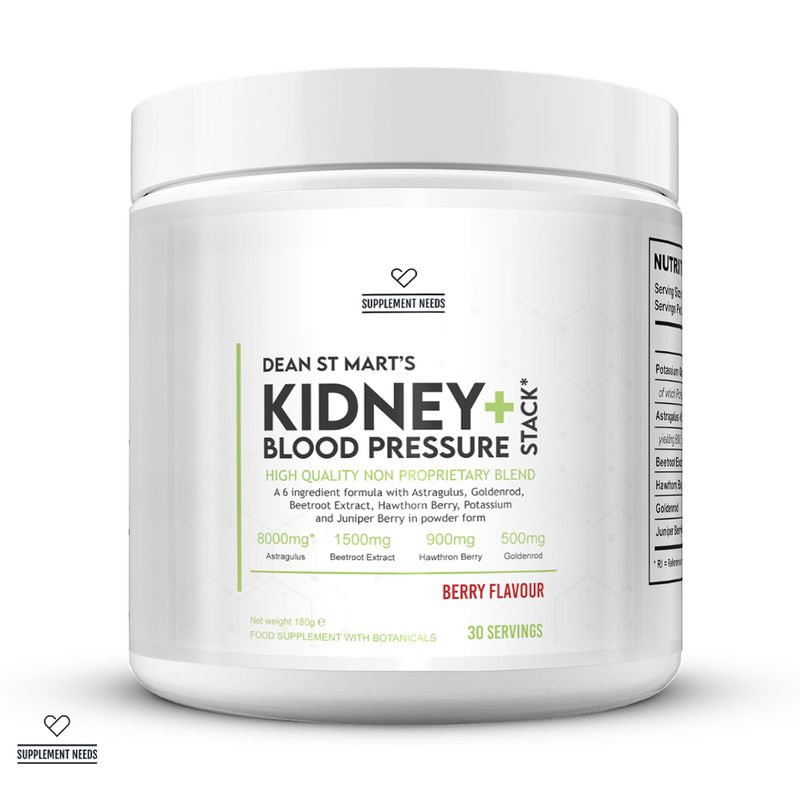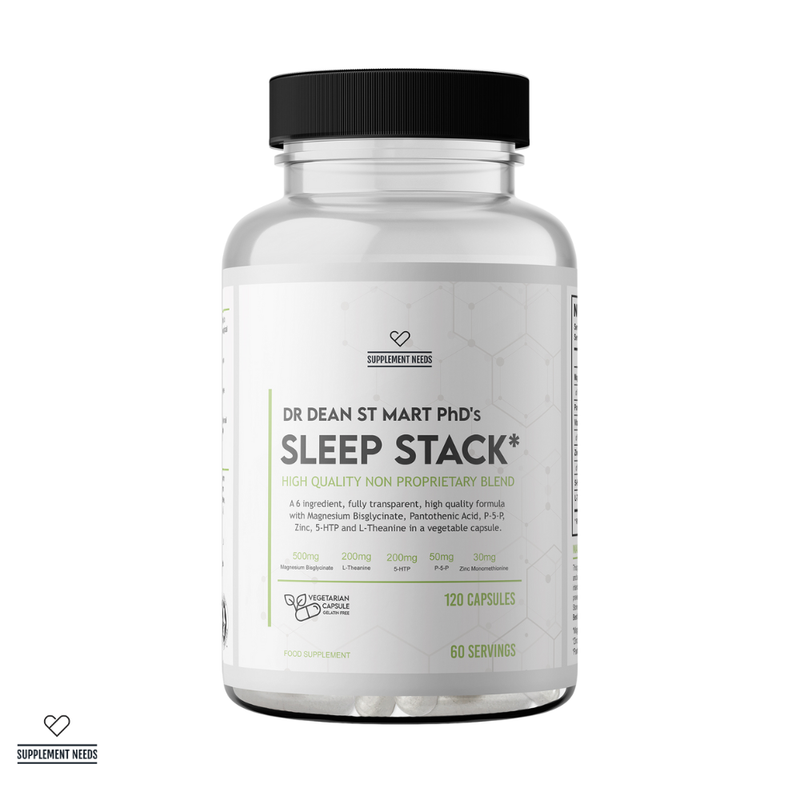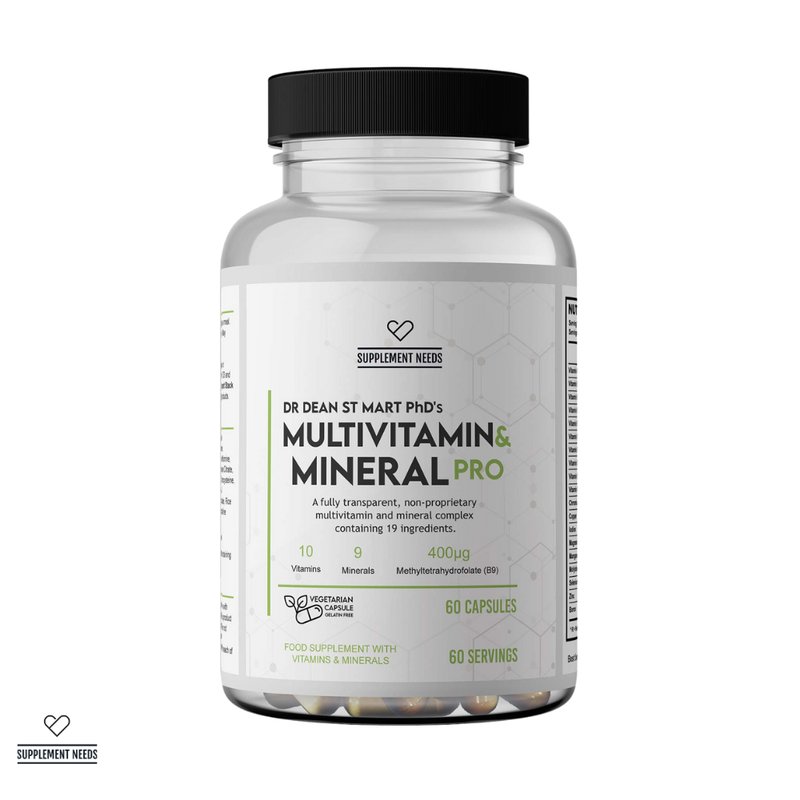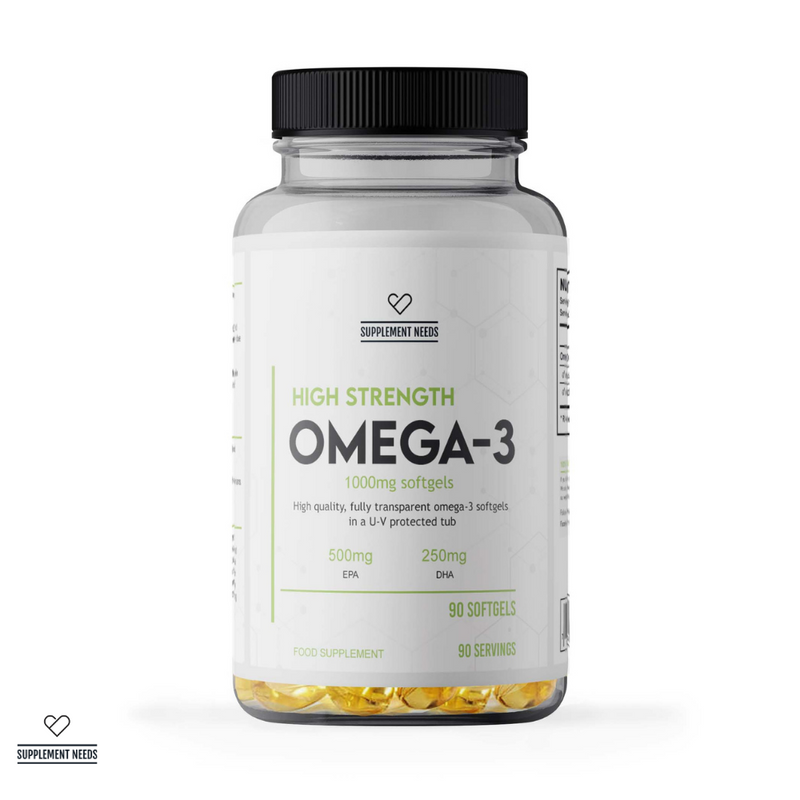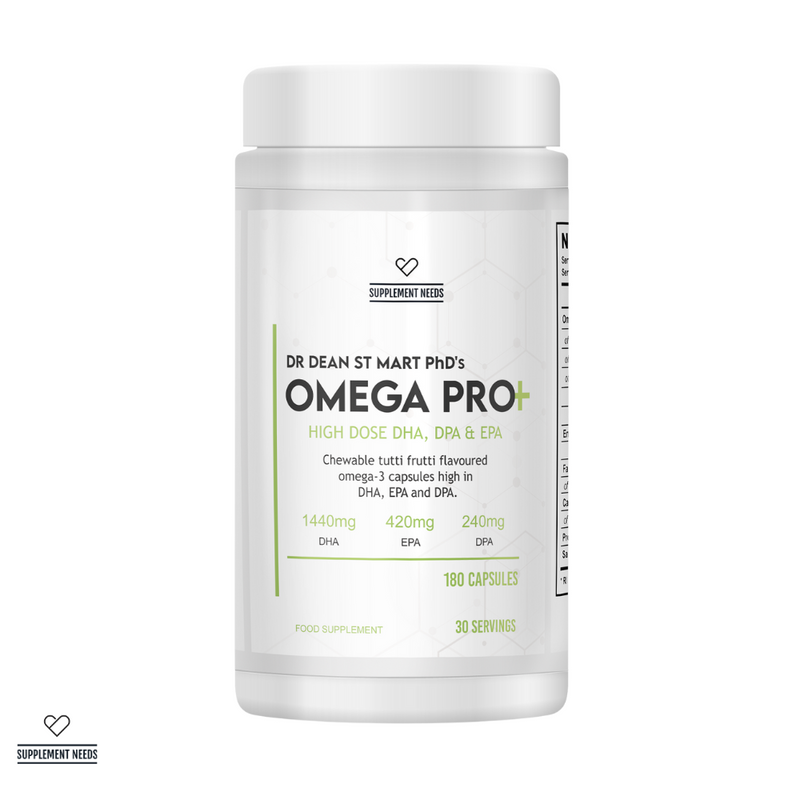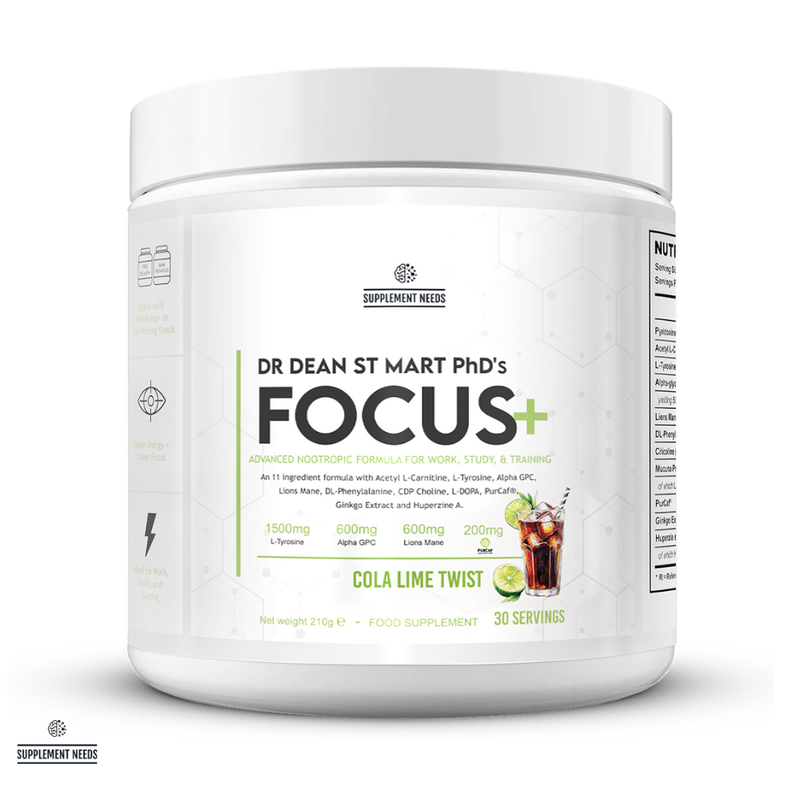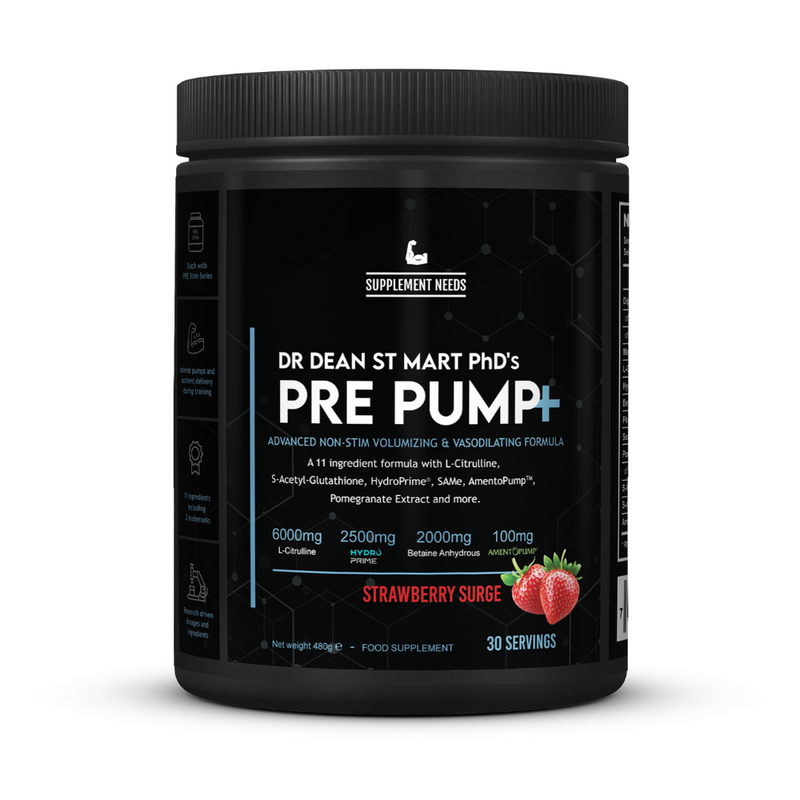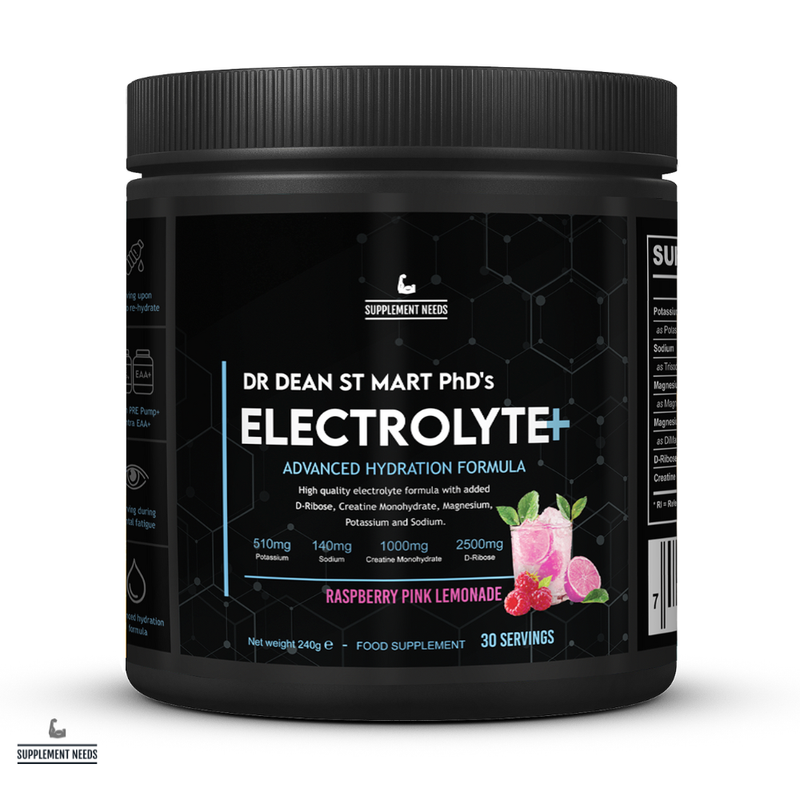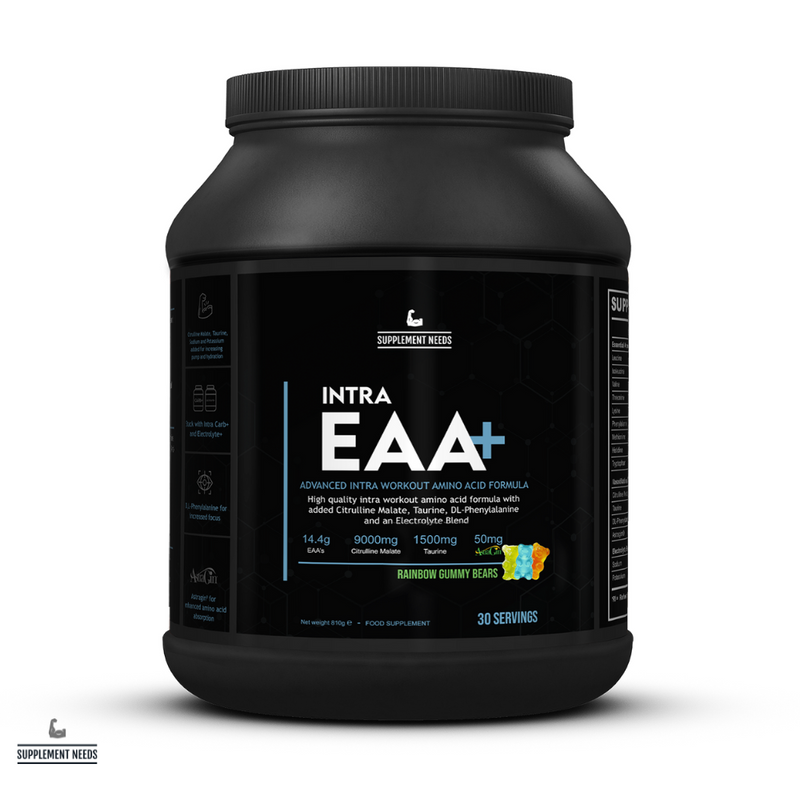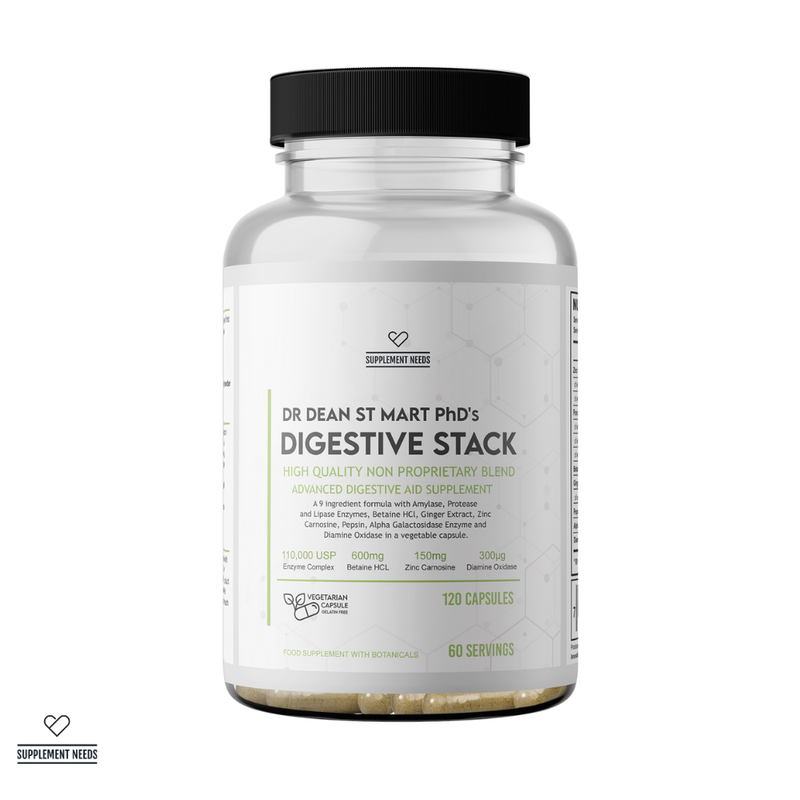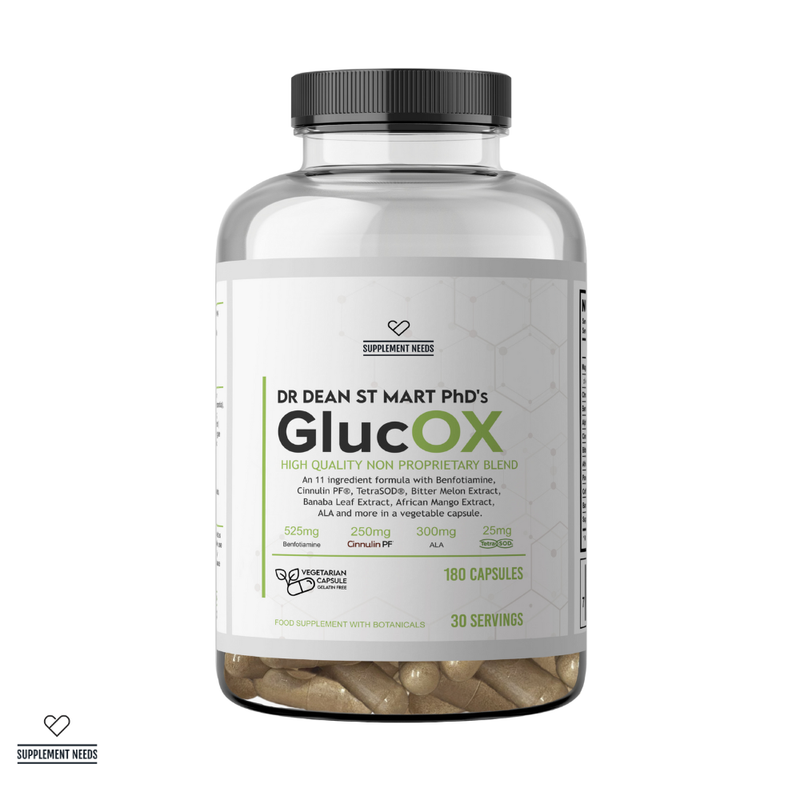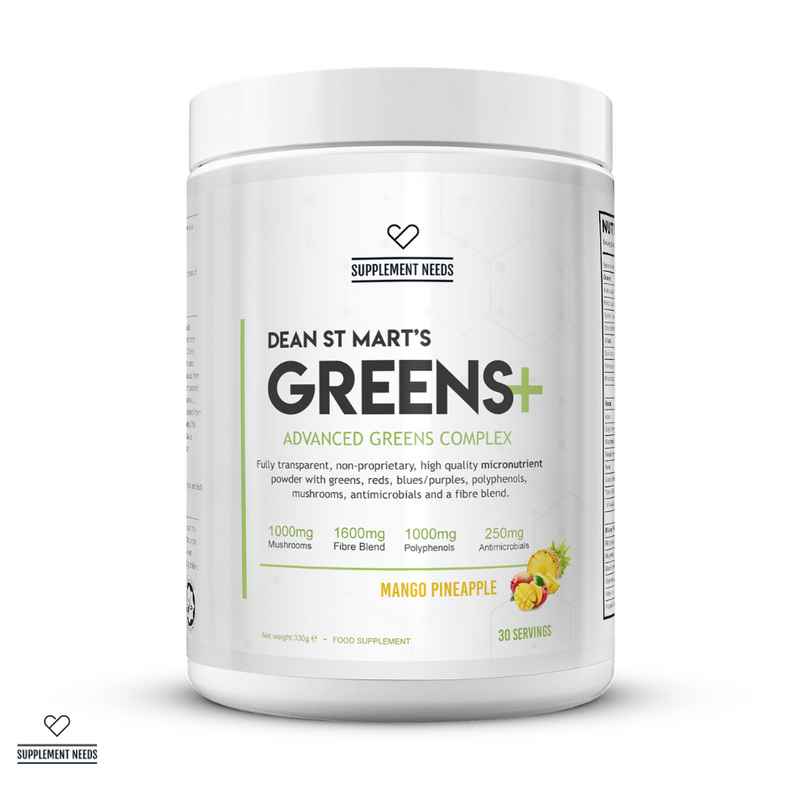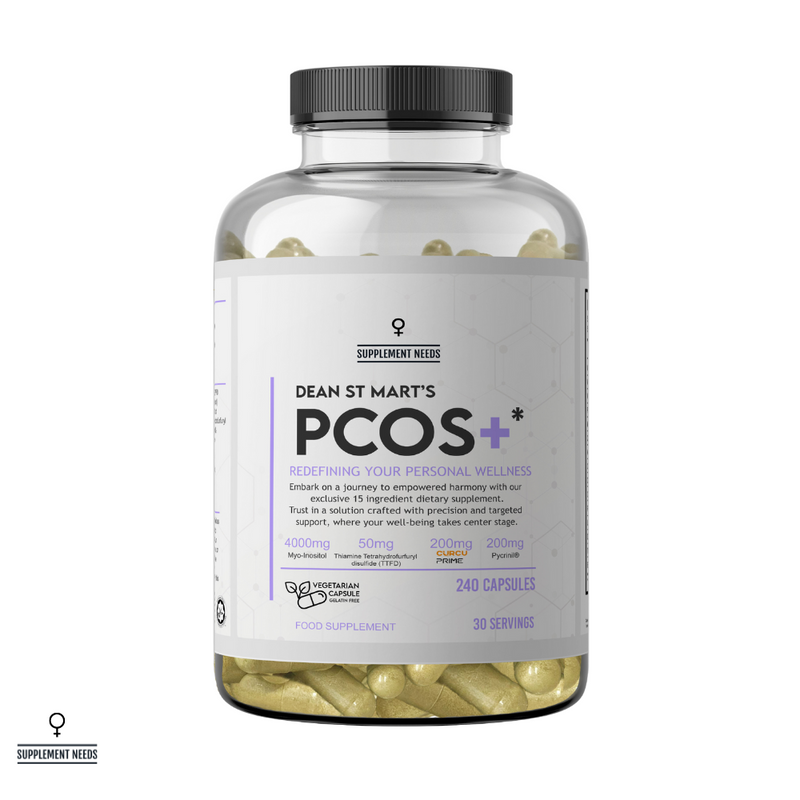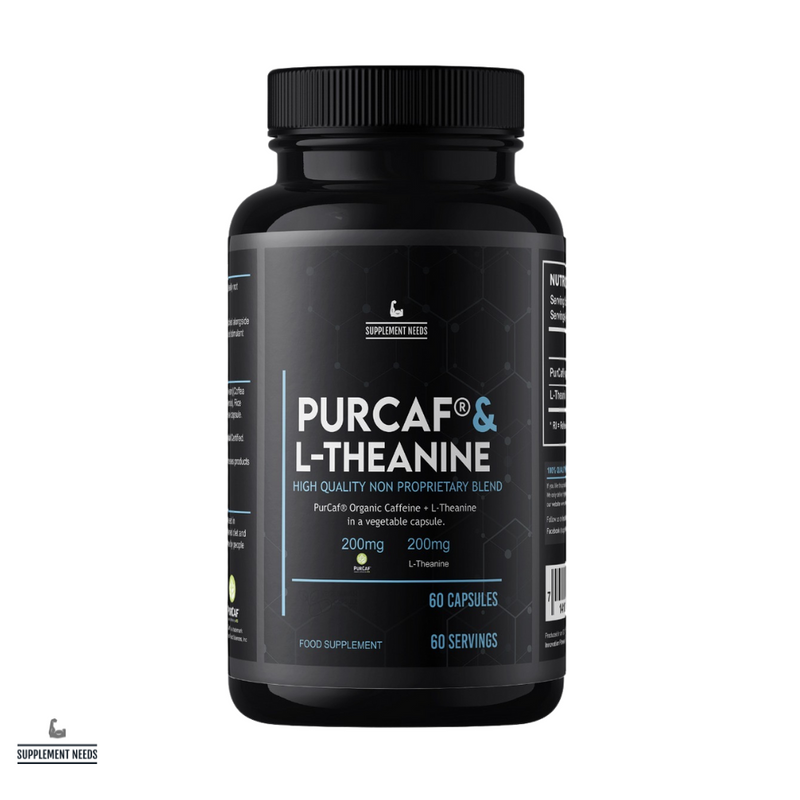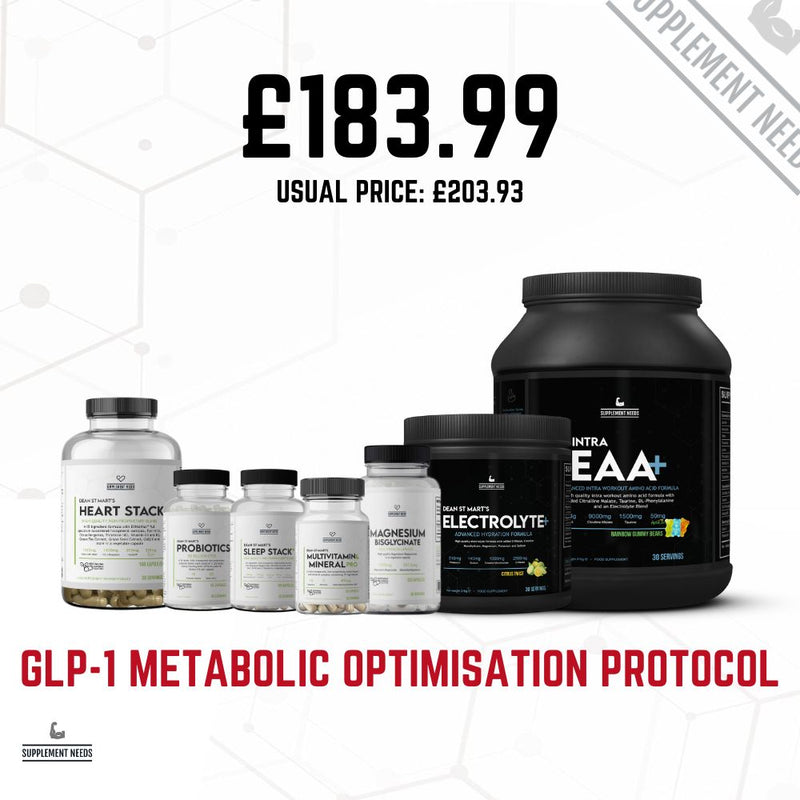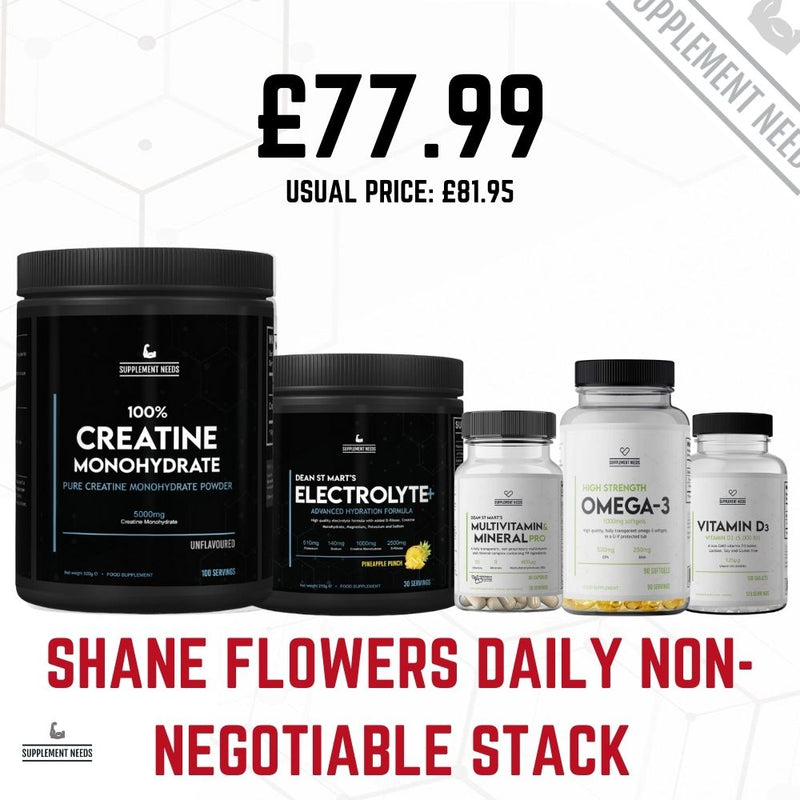If you’ve even only a passing interest in fitness and wellbeing, it’s likely that you’ve heard of creatine. After all, you can even find it on supermarket shelves these days…
But, if you’re going to supplement your diet with creatine, it’s vital that you choose only the very best, accurately-formulated creatine products - like those you’ll find at Supplement Needs.
Creatine is supplemented by many bodybuilders and general fitness enthusiasts alike because of the role it plays within the body.
At its simplest, Creatine is an organic compound which is produced by the body via the synthesis of three amino acids; Methionine, Glycine, and Arginine. Creatine synthesis also requires two enzymes; L-Arginine:Glycine Amidinotransferase (AGAT) - which produces Guanidinoacetate Acid (GAA), and; Guanidinoacetate Methyltransferase (GAMT), which in turn methylates GAA to produce Creatine.
This synthesis takes place mainly in the kidneys and liver, with the resulting Creatine passing into the bloodstream via the hepatic vein.
Where Creatine is viewed as particularly important amongst researchers and fitness fanatics alike is the role it plays in the recycling of adenosine triphosphate (ATP). Think of ATP as being the ‘energy currency’ of your body’s cells. This ‘recycling’ occurs mostly in muscle and brain tissue.
That’s all a rather complicated way of saying that Creatine helps your muscles produce energy - especially during periods of intense exercise.
Why take creatine and what does creatine do?
If your body is able to produce creatine (and thus ATP) itself, why bother with a creatine supplement?
Creatine has become one of the most studied compounds in the world of supplements (in fact, it’s estimated that Creatine has been the subject of over 1,000 academic studies). It’s role as a major ergogenic aid has been reported in myriad studies; as the International Society of Sports Nutrition position stand on Creatine summarised:
“Studies have consistently shown that creatine supplementation increases intramuscular creatine concentrations which may help explain the observed improvements in high intensity exercise performance leading to greater training adaptations”.
Amongst the other purported benefits of Creatine include; lowered blood sugar, and improved brain function (although studies linked to these reported benefits emphasise the need for further research).
So, although you’ll find Creatine occurring naturally in your muscles (around 95% of your body’s Creatine occurs within the muscles, with the remaining 5% being found in brain tissue and the testes), it’s possible to supplement Creatine in order to boost your body’s stores of phosphocreatine - the form of Creatine that helps your body produce the high-energy molecule ATP.
What is the best creatine?
Whilst the term ‘best’ is a highly subjective one in the world of supplements, there are certain forms of creatine that tend to be acknowledged as being superior for supplementation.
Perhaps the stand-out form of Creatine is Creatine Monohydrate. This is certainly the most studied form of Creatine supplement.
But, what exactly is it?
As its name suggests Creatine Monohydrate is the monohydrate form of Creatine and is nearly identical to the Creatine that is endogenously produced by the body. Given that Creatine Monohydrate contains water as one of its component compounds, it tends to be about 90% Creatine by total weight.
One reported benefit associated specifically with Creatine Monohydrate is that consumption may increase water content in muscle cells. This may benefit muscle growth by sending signals related to cell swelling (Safdar et al., 2007).
Creatine Monohydrate is typically produced from N-Methylglycine (Sarcosine) and Cyanamide. These two compounds are heated and pressured within a reactor vessel. This results in a liquid, which when cooled, crystallises. These ‘Creatine Crystals’ are then placed in a centrifuge for purification. The resulting liquid is then vacuum dried and milled into a fine powder.
This results in the Creatine Monohydrate that you use as a supplement.
Some supplement brands choose to ‘micronise’ their Creatine Monohydrate. This essentially means the powder is milled into an extremely fine powder (the particles of which are measured in microns). This has the benefit of improving bioavailability - maximising the chances of the Creatine being absorbed by your body.
As you’d expect, Supplement Needs uses only the finest Creatine Monohydrate which has been micronised for maximal bodily absorption.
Why choose Supplement Needs for your creatine needs?
If you’re looking for the very best Creatine to support your wellbeing and fitness goals, then choose Supplement Needs Creatine today.
Here are some of the key reasons why 1,000s of people buy from Supplement Needs each month:
- True expertise - Supplement Needs’ Creatine Monohydrate has been formulated and designed by Dr. Dean St Mart PhD. Dr Dean holds a double first class honours degree in chemistry and pharmaceutical chemistry from the National University of Ireland Maynooth, as well as a PhD in synthetic organic chemistry and fluorescence spectroscopy. Not many other supplement brands can boast that level of expertise.
- GMP and ISO accreditation - all Supplement Needs products are manufactured right here in the UK to Good Manufacturing Practices (GMP) and ISO standards (ISO 22000:2018) - meaning they are consistent, safe, quality and appropriate for their intended use.
- The finest ingredients - Supplement Needs manufactures its products using the finest-quality ingredients, using the active and bioavailable forms of ingredients where appropriate. We also make plentiful use of patented, non-generic ingredients.
- Transparent dosing - we make it a point to ensure that our supplements are transparently labelled. Not only can you see exactly what our supplements contain, but you can see the exact dosages, too.
Aside from our own proprietary Creatine Monohydrate supplement, our range also includes Creatine supplements from leading brands such as Strom Sports, Trained by JP Nutrition, Adapt Nutrition, Condemned Labz, HR Labs, RedCon 1, and Rich Piana 5%.
Choosing Creatine for your supplementation regime? Then choose Supplement Needs Creatine today.
